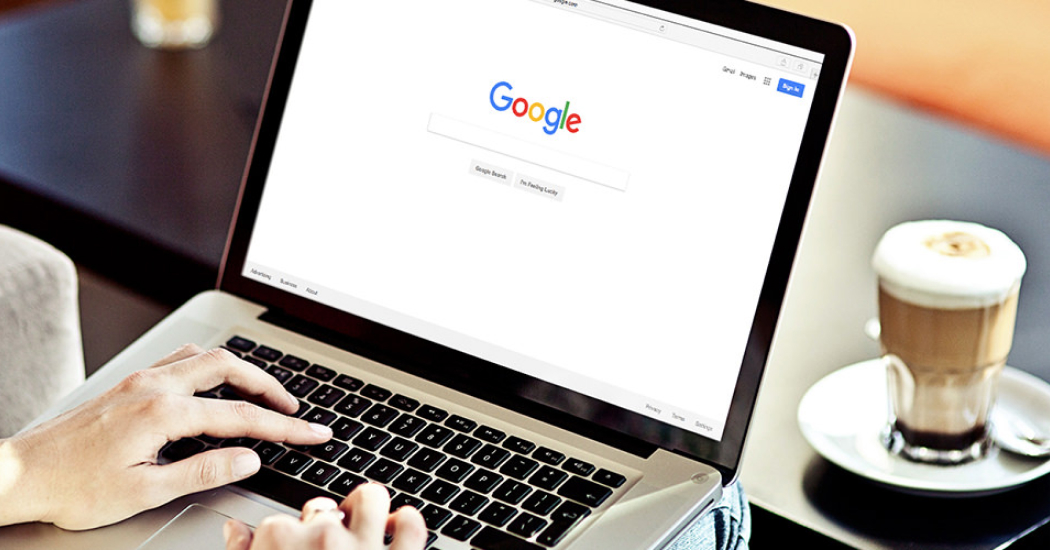Affiliate Marketers Can Do More Harm Than Good, Part 2

If affiliate marketing is part of your paid-search strategy, there is a 29% chance that one of your affiliates is stealing your most valuable Web traffic by way of hijacking URLs. In Part Two of this series, you will learn more about who this harms and how to stop the theft.
Who is this harming?
One might argue that whether a prospective customer clicks on your ad or your affiliate’s ad, ultimately you benefit from the lead and the sale. In reality, it’s a bit more complicated. Hijacking not only costs you more for a desired action such as a lead — it wastes your search engine marketing (SEM) team’s time trying to pinpoint why their campaigns’ performance is being negatively impacted.
When ads are hijacked, the impact can go beyond losing traffic and conversions. The competition to win impressions and clicks from your affiliates drives up keyword costs so you end up competing against the marketplace and the affiliate who hijacked your domain. Not only would you be paying higher cost-per-click rates — you will be paying the difference between the costs of your own lead generation and what you are compensating your Affiliate per conversion/lead/sale, which is likely significantly higher.
Finally, when affiliates hijack your domain, they steal your brand and you lose control of your identity and message. Whether the hijacker is an affiliate and simply is seeking financial compensation or it’s an organization in pursuit of your customers to divulge personal information, your brand is at risk.
The players and their roles
It is difficult to stop URL hijacking because it may not always be clear how it’s happening and who is responsible for policing the process. Detection may require third-party monitoring tools (such as The Search Monitor), which identify such things as incorrect tracking URLs, mismatches between your Web site and the landing page, and affiliate links within the redirect.
When it comes to URL hijacking, multiple parties bear some of the responsibility for correcting this problem.
- Google – Created and operates AdWords, the largest online advertising platform in the world. Because URL hijacking happens, one might say there are chinks in AdWords’ armor. Google gets paid from the brand or the affiliate, so Google may not see a problem. Many believe they should better protect clients, by alerting advertisers that there is more than one active account serving ads using your domain. Some advertisers use more than one account, but this alone would protect the vast majority of advertisers using the platform (This should become a practice for all search engines, not just Google).
- Brands – Use Google to drive leads and sales. Engage agencies and create affiliate programs to help increase leads/sales. Ultimately, brands write the policies for their affiliate programs and are responsible for their enforcement. They must first recognize the problem before they can stop it.
- Brand agency – Manage brand domains and search engine marketing programs. Like their brand clients, they must recognize the problem before it can be stopped.
- Affiliate agency – Manage the affiliate programs for brands. They develop and enforce affiliate program policies and procedures and should proactively communicate to affiliates about the ethics and/or legality of URL hijacking.
- Affiliates – Join affiliate programs with a sole focus on making money by driving leads and sales to the brand. They are subject to terms and conditions, but their loyalty may be to their bottom line and not the brand.
How to protect your brand
Several parties are responsible for URL hijacking. You need to proactively protect your brand and the investment in your agency’s SEM efforts.
Start with these five things:
- Don’t rely on AdWords reports – The reports only give you part of the performance picture and rarely reveal the necessary details to catch a hijacker.
- Use third-party tools to monitor – These provide alerting and auto-submission features to fire off complaints directly to search engines and to affiliate networks that allow you to proactively monitor for hijacking activity before it costs time, money and brand value.
- Branded keyword restrictions – clearly identify which keywords are off limits to your affiliates.
- Actively enforce terms, conditions, and policies. You created the policies, so monitor frequently and enforce them quickly.
- Recruit expertise – if you don’t have the internal expertise to monitor your paid-search activities, find an expert who can.
Don’t be a victim
As long as terms and conditions are set, there is someone who is responsible for URL hijacking. Affiliates are aware of this strategy and make the conscious choice to engage in the practice and prey on the ignorance of the client and affiliate agency. The strategy is only fair if an affiliate that intends to use an advertiser’s URL/domain and its landing pages (which is also their domain) communicates its intentions to the client and confirms whether this practice is acceptable. Affiliates are affiliates, and they know when they are cheating the system and duping the brands to achieve financial benefits. This is why there is a name for this practice.
It’s important that you and your agency avoid becoming the victim. Preventing URL hijacking is really up to you. Be proactive by putting in place the tools, expertise and guidelines that will constantly monitor and enforce your policies while protecting your brand.